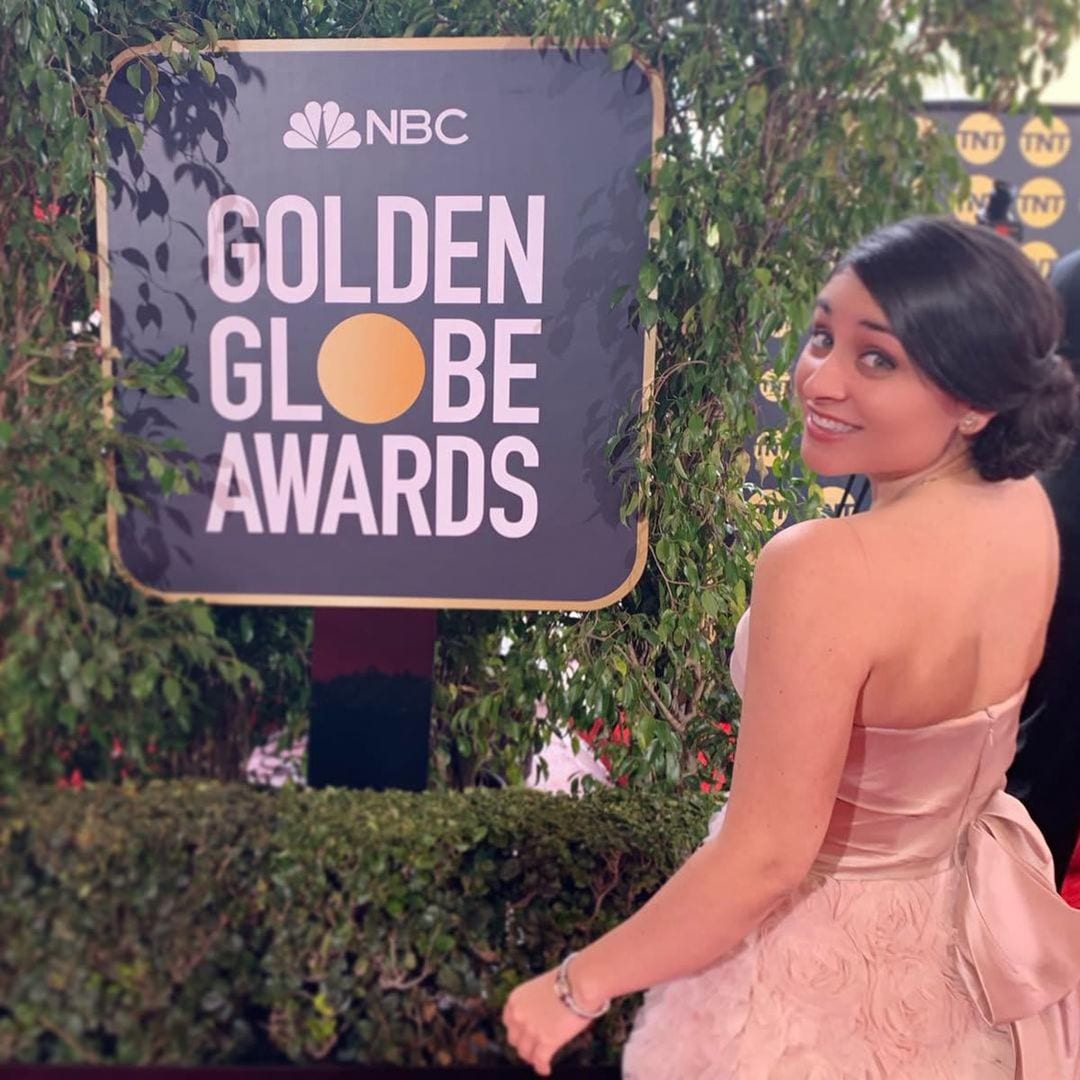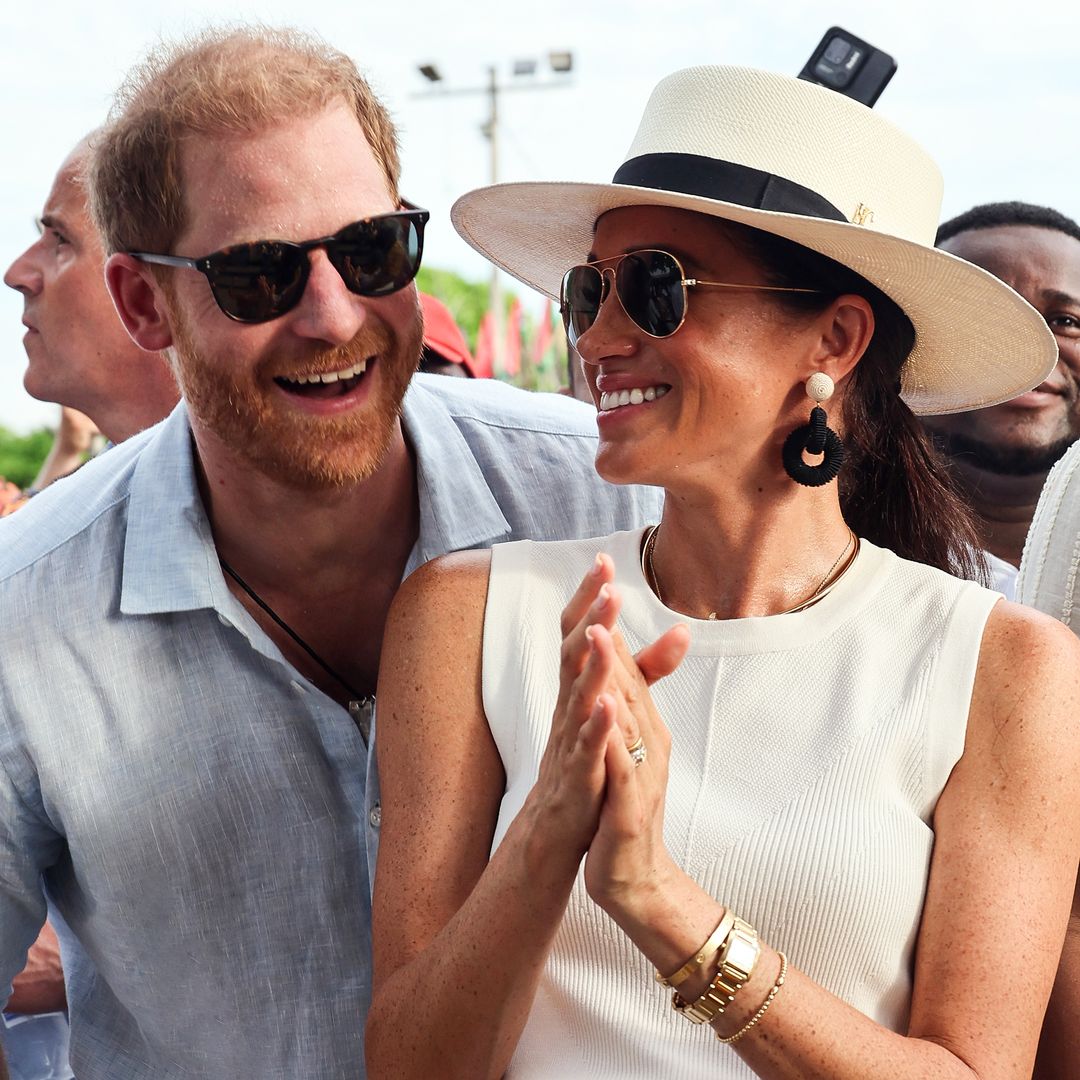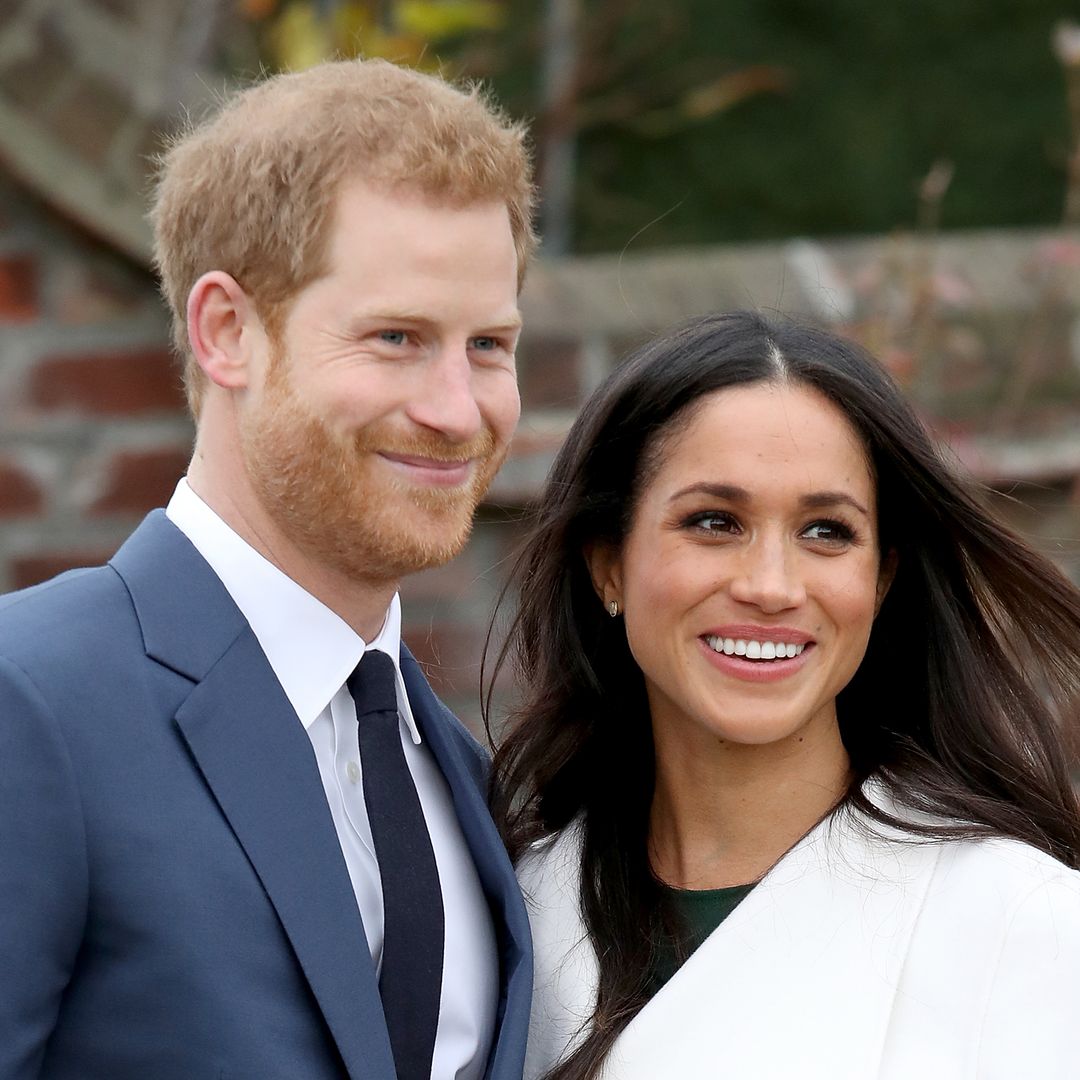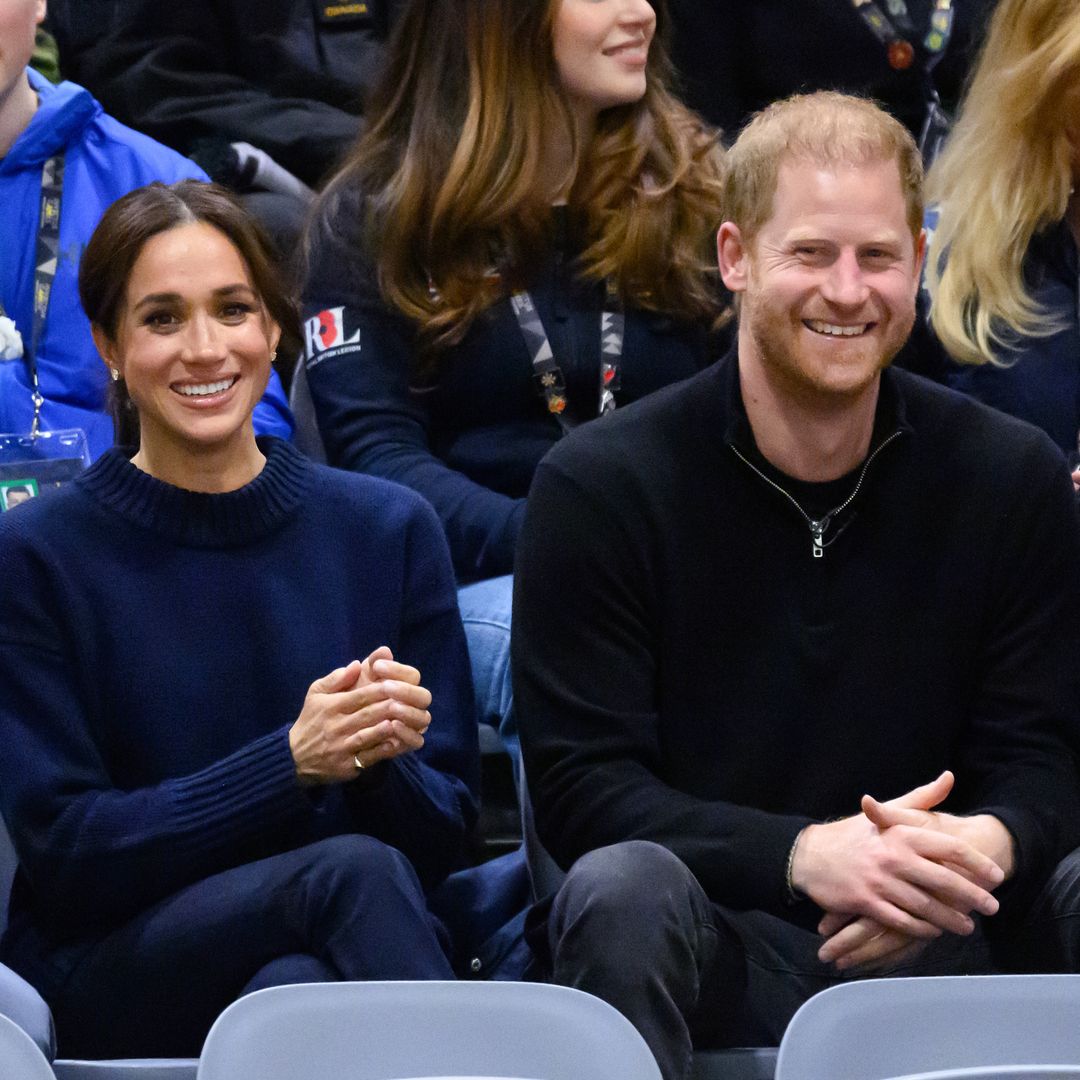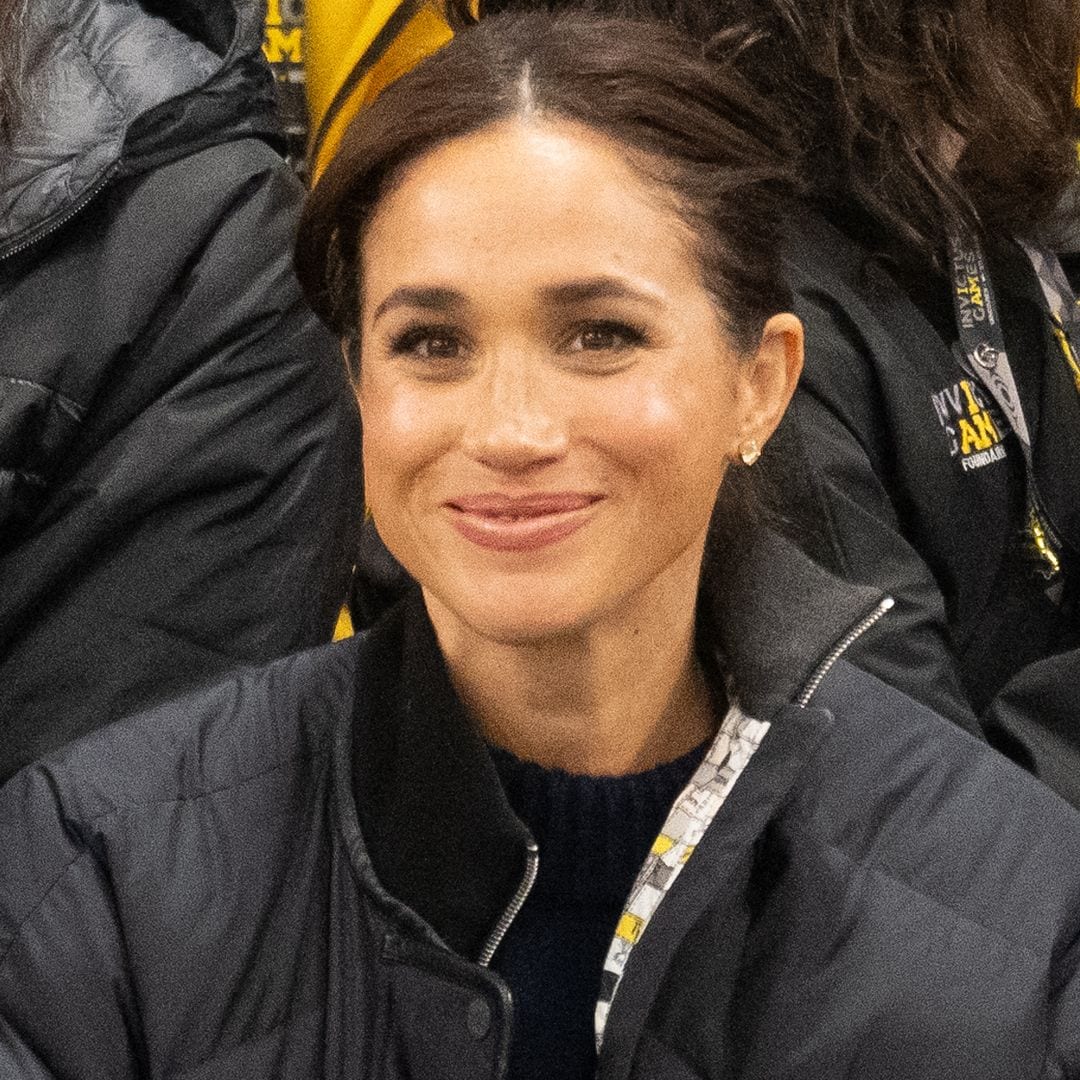Prince Harry wants his and Meghan Markle ’s children to grow up in a better world. The Duke of Sussex shared his wish for his son and daughter during an interview with two young reporters at the opening ceremony for the Invictus Games on Saturday. “What is your wish for Archie and Lilibet?” 11-year-old Sophia asked the Prince.
“To grow up in a better world,” Harry replied. “To grow up in a fairer world, a safer world, a more equal world. It’s not gonna be easy, but I will never ever, ever rest until I as a parent have at least tried to make the world a better place for them.”
“Because it is our responsibility that the world is the way that it is now and I don’t think that we should be bringing children into the world unless we are going to make that commitment to make it better for them,” the Duke continued. “We cannot steal your future.”
Meghan and Harry welcomed their first child, Archie Harrison, in 2019, and their second, Lilibet Diana, in 2021. The couple’s son will celebrate his third birthday next month (May 6).
During his speech at the opening ceremony on April 16, the royal dad of two spoke about his eldest child’s career aspirations. “When I talk to my son Archie about what he wants to be when he grows up, some days it’s an astronaut, other days it’s a pilot, a helicopter pilot obviously, or Kwazii from Octonauts,” Harry said, adding, “If you’re laughing, then you’ve seen it. But what I remind him is that no matter what you want to be when you grow up, it’s your character that matters most, and nothing would make his mum and me prouder than to see him have the character of what we see before us today.”
,type=downsize)
